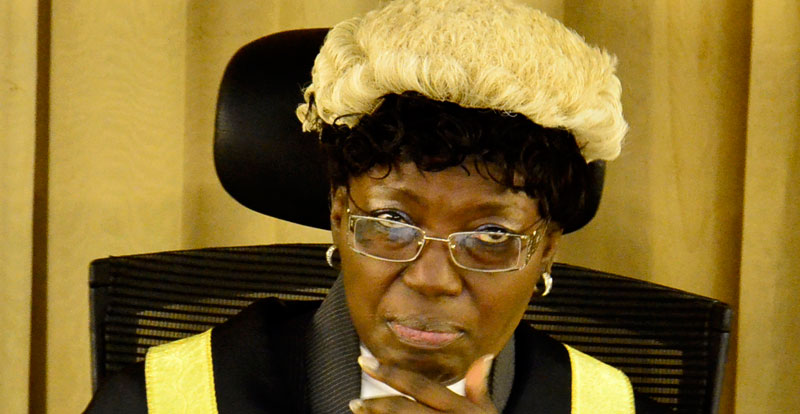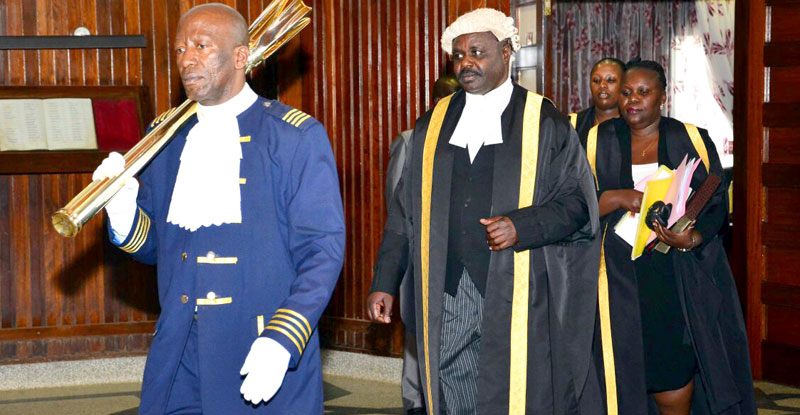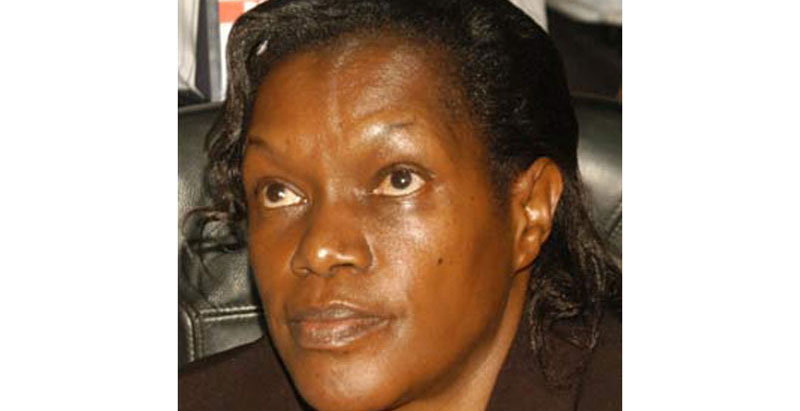Corporate
How Parliament is organised
In addition to its principal function of passing laws for the good governance of the country, is also mandated to provide, by giving legislative sanctions, taxation and acquisition of loans, the means of carrying out the work of Government and to scrutinize Government policy and administration.
Also, Parliament debates matters of topical interest, usually highlighted in the President’s State of the Nation address, and vets the appointment of persons nominated by the President. In accomplishing this vital work, the political leadership of Parliament is assisted by a number of departments.
To begin with, Parliament is administered by the Parliamentary Commission, which is a body corporate. The Commission is charged with organizing, administering and offering strategic guidance to the Parliament. It also takes care of the employment and remuneration of staff of the Parliamentary Service.
Parliament is chaired by the Speaker and has seven other members: the Leader of Government Business; Leader of Opposition; the Minister of Finance, Planning and Economic Development; and, four Commissioners elected among the Members of Parliament.
Clerk to Parliament
To help Parliament do its work, there is a big army of civil servants under the Parliamentary Service Commission. The Clerk to Parliament, currently, Ms. Jane Kibirige, is the de-facto Head of the Parliamentary Service. She provides a vision and leadership to the Parliamentary Service and initiates the strategies to achieve that vision.
The Office of the Clerk also provides advice and guidance to the Speaker with respect to the rules, procedures and protocol of Parliament and directs the internal management of the Service. It was established after a comprehensive organizational review of the Parliamentary Service carried out in 2003, with the objective of streamlining the working of Parliament.
The Clerk has two deputies; one in charge of Parliamentary Affairs heading and overseeing the activities of five directorates. The Parliamentary Budget Office, which is one of the directorates, has technical staffs who deal with budget-related matters. They provide the necessary technical advice and support to Parliament throughout the processes of preparing and implementing and following up national budgets.
The second directorate is the Department of the Clerks, which is principally charged with discharging clerical work in Parliament. Each Committee has a clerk/clerks attached to it for purposes of documenting whatever transpires in the committees. This is also the case with the whole House of Parliament.
The Department of Official Report, another directorate, works closely with the clerks, and in-between them, it is ensures that the record of Parliament is accurate and up-to-date. There is also the Department of Legal and Legislative Services, which is concerned with matters of law; and, the Department of Research Services, which provides research support to Members of Parliament.
If, for instance, a Member of Parliament wishes to introduce a Private Member’s Bill, the Research Department, will provide him/her with information on the topic of interest. The Department offers such support to any Member of Parliament who seeks it to enrich his/her work.
The second Deputy Clerk heads and oversees the activities of Corporate Affairs Directorate comprising eight Departments. These include: the Department of Finance; Department of Administration and Transport Logistics; and, the Department of Sergeant-at-Arms.
The Sergeant-at-Arms leads the Speaker into the House as he carries the ceremonial mace, which he/she is duty-bound to protect. He is in charge of security in the House and should the Speaker require that a Member of Parliament, or stranger is removed from the House, the Sergeant-at-Arms is called upon.
There is also the Department of Library Services, which is in charge of the Parliament Library. The library has both print and on-line resources to enrich and support legislative work. The Library, which has a huge reservoir of information regarding the work of Parliament through the decades, is also an important resource for members of the general public.
There is also the Department of Information and Communication Technology, which provides ICT support; and Department of Human Resource, which takes care of the staffing requirements of the Parliamentary Service.
The other, is the Department of Corporate Planning and Strategy, which takes care of the planning needs of Parliament; and then, the Department of Communication and Public Affairs, which takes care of disseminating information about the working of Parliament.
Comments






















